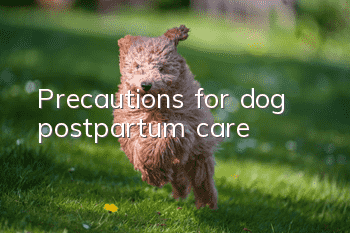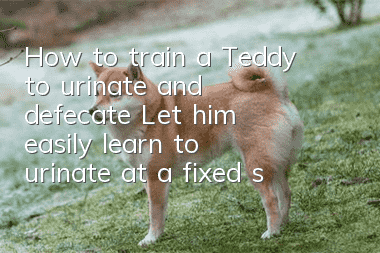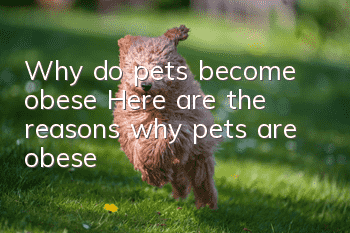Precautions for dog postpartum care

Precautions for postpartum care of dogs:
1. Dogs will have a lot of dirt on their bodies after giving birth. It is recommended that the owner cleans the dog with warm water or hot towels and keeps it clean. At the same time, the contaminated mattress should be replaced and the dog should be kept warm to prevent postpartum infection.
2. Mastitis is the most common occurrence in dogs after giving birth, and owners should pay more attention to protection. Puppies are likely to bite their nipples when sucking milk, or they may scratch their nipples with their nails, which may cause bacteria to invade the mother dog's mammary glands and cause mammary gland inflammation.
3. Owners should do a good job of keeping their postpartum dogs warm, because postpartum dogs will be very weak and less able to withstand changes in external temperature. The same goes for newborn puppies. , The resistance is weak, and if you catch a cold, you will get sick easily.
4. Dogs after giving birth are prone to calcium deficiency. When your dog is panting and breathing quickly, it is likely that he is suffering from calcium deficiency. Owners should provide calcium supplements to dogs in a timely manner. They can feed some goat milk powder to promote calcium absorption and strengthen bones. If you don’t pay attention to calcium supplementation, your dog may develop osteoporosis or even get sick.
5. Postpartum dogs need more nutrients to secrete breast milk. The owner should feed it some high-protein, easy-to-digest food. In addition to feeding some egg yolks and bone soup, the dog's staple food is best to be nutritionally balanced and comprehensive dog food.
Food suitable for dogs after giving birth:
1. It is recommended to choose liquid food that is easy to swallow, such as goat milk powder, various broths, etc. Choosing this type of food can help your dog replenish nutrition and restore physical strength simply and quickly. When the dog's physical strength and spirit have recovered a little, then gradually feed dog food, meat, etc.
2. It is recommended to choose foods high in protein, high in calcium and rich in high-quality fat. Such as eggs, chicken breasts, beef, boneless fish, etc., are all beneficial to dogs’ postpartum recovery.
3. It is recommended to feed the dog some pet calcium tablets to prevent the dog from experiencing symptoms of postpartum hypocalcemia. At the same time, you can also supplement some small molecule sugars such as glucose to provide energy for dogs and maintain their physical strength.
- What are the dangers of not neutering your dog?
- What should I do if my dog won't let his nails be cut and bites them as soon as they are cut?
- Tips on raising Samoyed puppies
- What to do if your Portuguese Water Dog hiccups
- Causes of arthritis in dogs
- Different colors of husky tongues reflect different diseases
- How to care for your dog during pregnancy
- What are the training tips for Silky Terriers?
- What are the special nutritional needs of working-trained dogs?
- How should female dogs take care of themselves after giving birth?



